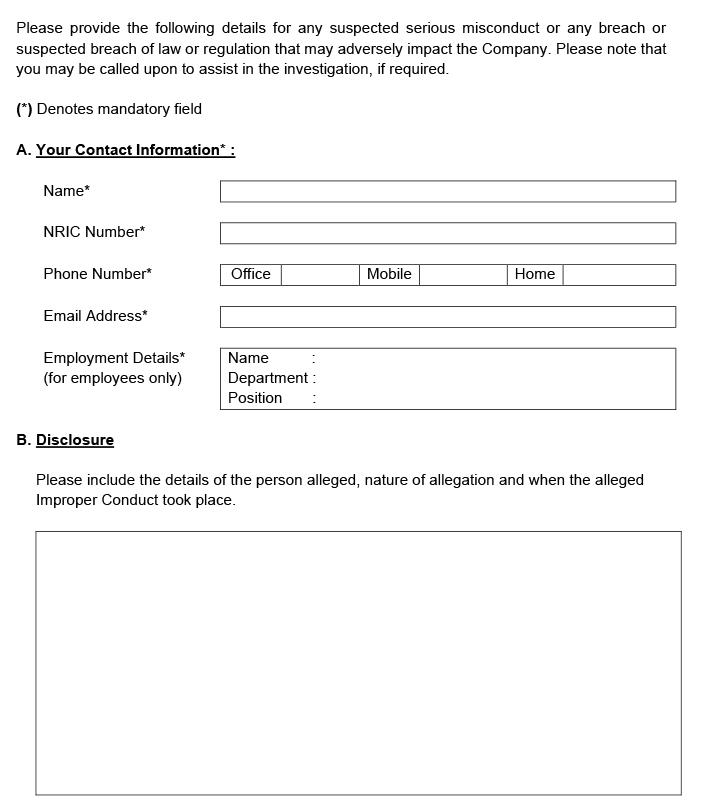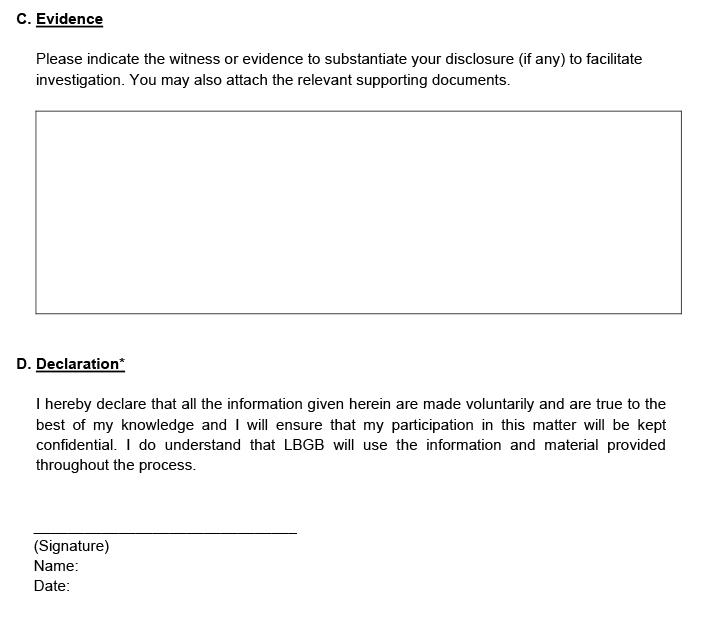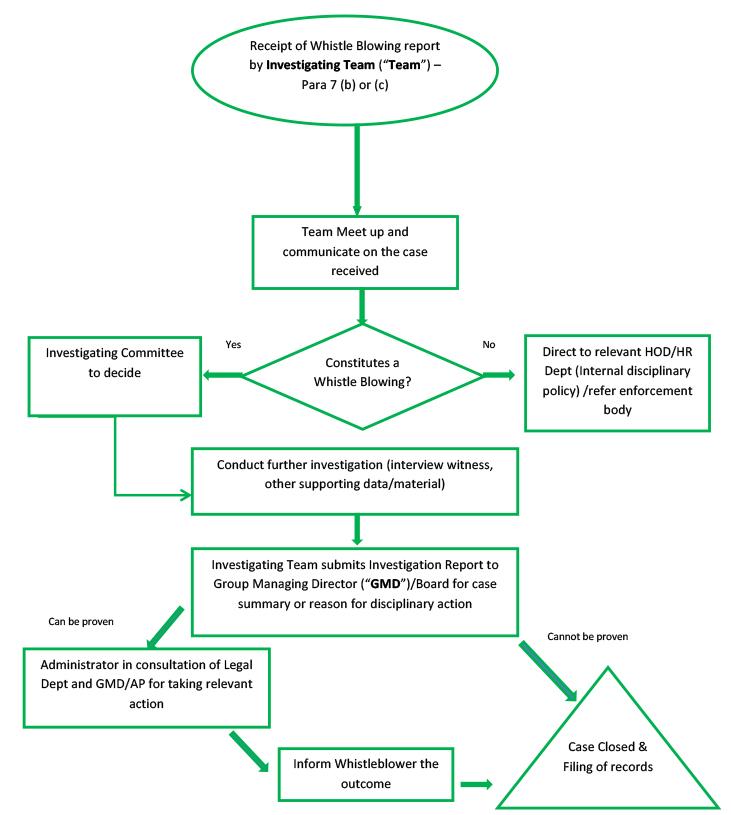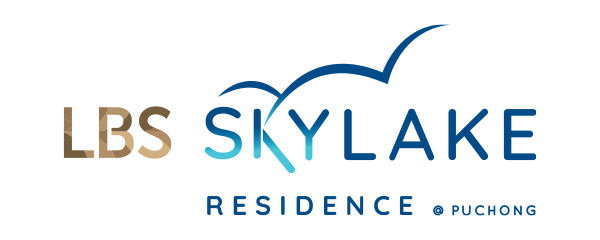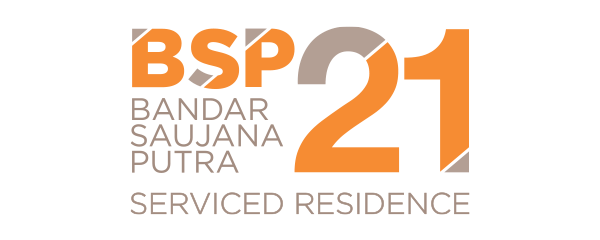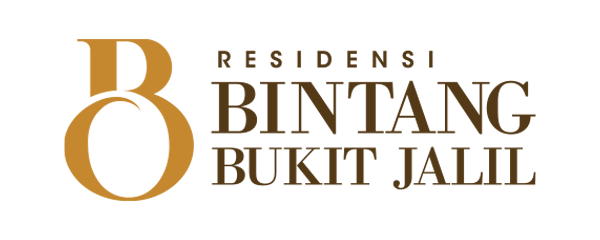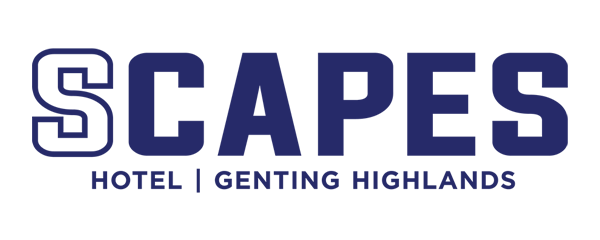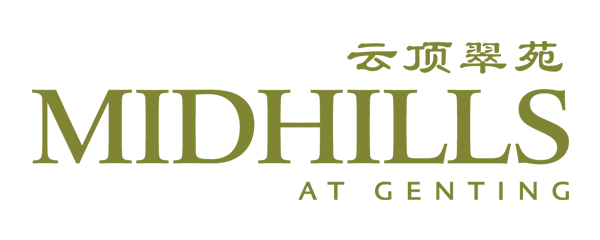External Auditors Policy
Mannju
on
September 20, 2022
1. Introduction
The Audit Committee of LBS BINA GROUP Berhad (“the Company”) is responsible for reviewing, assessing and monitoring the performance, suitability and independence of external auditors. The objective of this External Auditors Policy (“the Policy”) is to outline the guidelines and procedures for the Committee to assess and monitor the external auditors.
2. Scope
This Policy applies to the external auditors of LBS Group.
3. Definitions
“ Board” refers to the Board of Directors of LBS at any one time.
“Committee” refers to the Audit Committee of LBS at any one time.
“Company” refers to LBS Bina Group Berhad (Company No.: 518482-H). “LBS Group” refers LBS Bina Group Berhad and its subsidiaries.
“Policy” refers to this External Auditors Policy including any amendments made or to be made from time to time.
4. Objectives
The objective of this Policy is to outline the guidelines and procedures for the Committee to assess and
monitor the external auditors.
5. Selection & Appointment
Pursuant to Section 273 of the Companies Act 2016, the office of auditors shall cease at the conclusion of each annual general meeting. Accordingly, the members shall appoint or re-appoint the external auditors of the Company, and the external auditors so appointed shall, hold office until the conclusion of the next annual general meeting of the Company. Should the Committee determine a need for a change of external auditors, the Committee will follow the following procedures for selection and appointment of new external auditors:-
a) the Committee to identify the audit firms who meet the criteria for appointment and to request for
their proposals of engagement for consideration;
b) the Committee will assess the proposals received and shortlist the suitable audit firms;
c) the Committee will meet and/or interview the shortlisted candidates;
d) the Committee may delegate or seek the assistance of the Chief Financial Officer/Finance Director to
perform items (a) to (c) above;
e) the Committee will recommend the appropriate audit firm to the Board for appointment as external
auditors; and
f) the Board will endorse, after due consideration, the recommendation and seek shareholders’ approval for the appointment of the new external auditors and/or resignation/removal of the existing external auditors at the general meeting.
6. Selection Criteria
The Committee will evaluate potential audit firm on a number of criteria including, but not limited to:
a) Independency, objectivity and professional scepticism
b) Quality of engagement team
c) Reputation
d) Internal governance process
e) Human Resources and qualification
f) Proven and demonstrated experience in audit of listed companies
g) Cost
h) Clientele (size, spread, etc.)
7. Independence
The external auditor’s independence is a key factor in ensuring that the financial statements of the
Company and its subsidiaries are true and fair, and meet high standards of financial integrity.
The Committee monitors the independence of the external auditor, including any relationship with the
Group or any other person or entity that may impair or compromise, or appear to impair or compromise,
the external auditor’s independence.
Independence may be impaired or compromised by the provision of services of a non-audit nature to
LBS Group, depending on the materiality of those services and the fees charged for them. Therefore,
the external auditors are precluded from providing any services that may impair their independence or
conflict with their role as external auditors.
The Committee shall obtain a written assurance from the external auditors confirming that they are, and
have been, independent throughout the conduct of the audit engagement in accordance with the terms
of all relevant professional and regulatory requirements.
8. Non-Audit Services
The external auditor’s independence is a key factor in ensuring that the financial statements of the Company and its subsidiaries are true and fair, and meet high standards of financial integrity.The external auditors can be engaged to perform non-audit services that are not, and are not perceived to be, in conflict with the role of the external auditors. This excludes audit related work in compliance with statutory requirements.
The prohibition of non-audit services is based on three (3) basic principles as follows:-
a) external auditors cannot function in the role of Management;
b) external auditors cannot audit their own work; and
c) external auditors cannot serve in an advocacy role of LBS Group.
The external auditors shall observe and comply with the By-Laws of the Malaysian Institute of Accountants in relation to the provision of non-audit services, which include the followings:-
i) accounting and book keeping services;
ii) valuation services;
iii) taxation services;
iv) internal audit services;
v) information technology system services;
vi) litigation support services;
vii) recruitment services; and
viii) corporate finance services.
All engagements of the external auditors to provide non-audit services are subject to the approval/endorsement of the Committee.
Management shall obtain confirmation from the external auditors that the independence of the external auditors will not be impaired by the provision of non-audit services.
9. Rotation of Audit Partner
The audit partner responsible for the external audit of LBS Group is subject to rotation at least every five (5) financial years, followed by a two year minimum time out period during which they may not take part in the audit of the Group.
10. Annual Reporting
The external auditors shall issue an annual audit plan for review and discussion with the Committee. The external auditors shall also provide a management letter to the Committee upon completion of the annual audit.
11. Annual Assessment
The Committee shall carry out annual assessment on the performance, suitability and independence
of the external auditors based on the following four (4) key areas:-
i) quality of service;
ii) sufficiency of resources;
iii) communication and interaction; and
iv) independence, objectivity and professional scepticism.
The Committee may also request the Chief Financial Officer/Finance Director to perform the annual assessment of the external auditors.
12. Review of Policy
This Policy has been approved by the Committee and is made available for reference on Company’s corporate website and internal computer networking. It shall be reviewed by the Committee and updated whenever necessary to ensure its effective implementation.


